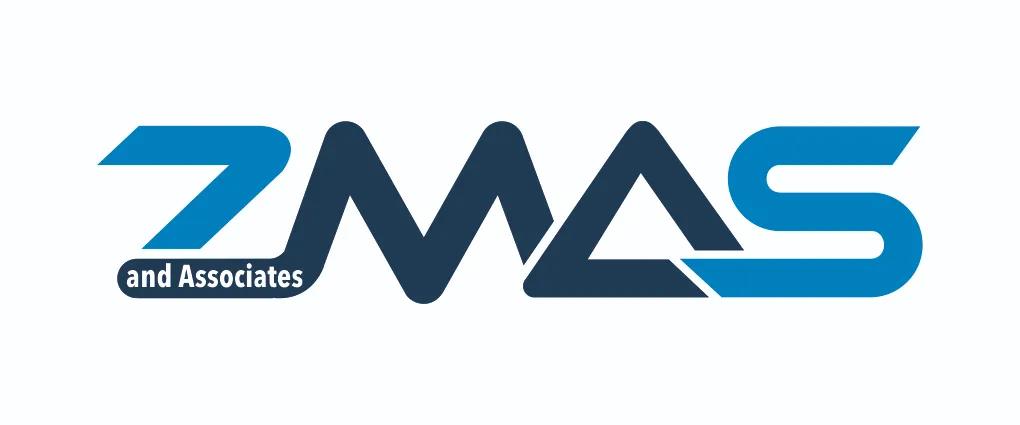What is Concurrent Auditing?
Concurrent audit is a systematic and real-time examination of financial transactions as they happen. Instead of sample checks as in case of Internal Audit and Statutory Audits, the Concurrent Auditing Services involves auditing of every transaction that fall under its scope. It is done on-site, on an ongoing basis with following objectives in mind:
- To ensure appropriate authorization of transactions,
- To ensure arithmetic accuracy of transactions accounted,
- To ensure accuracy of applicable taxes on transactions,
- To ensure availability of valid supporting documents for each transaction, and
- Compliance with policies, procedures and guidelines issued by management.
When is a concurrent auditing necessary?
It is a common myth that concurrent audits are applicable only to a banking business. In reality, concurrent audits are applicable to all such transactions that have high materiality and financial impact. Some examples of transactions where concurrent auditing can be applied include:
- Purchase and expense bill passing for high value transactions
- Calculation and payment of statutory dues
- Banking transactions such as KYC, loan sanction, disbursement, income leakage, etc.
- Transactions involving foreign currency payments and receipts
Why external concurrent auditor is preferred for conducting concurrent audits over internal resources?
Concurrent audit, undertaken by concurrent auditor for critical and high value transactions where the inherent risk levels are medium to high including risk of fraud. In such a case it is wise to choose an external auditor that ensures independence and objectivity and who will not succumb to pressures from mid-level and senior management to approve transactions that are not approval worthy.
What are the Benefits of Concurrent Audit?
Following are the benefits of Concurrent Auditing Services:
- Transactions are reviewed and approved by an independent auditor
- Improved accuracy of transaction recording
- Prevention of unauthorized transactions
- Prevention of excess/unwarranted payments
- Improved financial reporting
- Reduced risk of penalties and interest due to non-compliance
- Generate critical MIS Reports
- Contributes significantly towards improving Internal Financial Controls
- Acts as a support for the existing Accounting Team
- Reduced queries and observations during Internal Audits and Statutory Audits
- Facilitates timely closure of books of accounts
What are pre-payment audits?
A pre-payment audit is a branch of Concurrent Auditing Services where accounts payables are audited and approved for before releasing the payment. The objective of a pre-payment audit is to ensure that the payments are made only against genuine and authorized transactions. It is a method of internal control to prevent fraudulent and unauthorized transactions. Most public sector companies and government department deploy independent external audit teams to conduct pre-payment audits.
What is our approach towards Concurrent Auditing Services?
Based on the needs of our clients we deploy a team of experienced concurrent auditors who are stationed at the client site and work with the client’s team while maintaining independence and objectivity. We maintain high standards of audit documentation hygiene and ensure periodic reporting of exceptions to the relevant decision makers.
